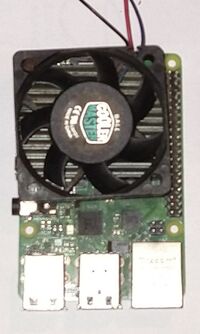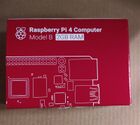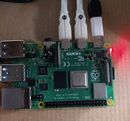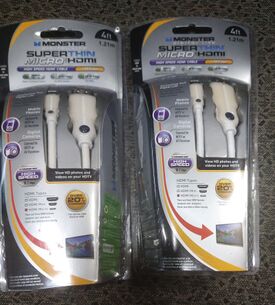Difference between revisions of "Pi4"
m |
m |
||
| Line 18: | Line 18: | ||
| − | |||
______microSD card & software [[file:sd.jpg|50px|link= https://wa5gmr.com/batchelor-s/mall/create_account.php $20___Free Shipping]] | ______microSD card & software [[file:sd.jpg|50px|link= https://wa5gmr.com/batchelor-s/mall/create_account.php $20___Free Shipping]] | ||
| − | ______For most people Raspberry [[Pi3]] is the one to choose [[file: | + | ______For most people Raspberry [[Pi3]] is the one to choose [[file:Pi3_62.jpg|50px|link= https://wa5gmr.com/batchelor-s/mall/create_account.php $50___Free Shipping]] |
Revision as of 12:52, 12 June 2021
4 ft micro HDMI to HDMI cable
Pi 4 - Run dual monitors
It needs a pair of microHDMI cables
4 ft micro HDMI to HDMI cable
______For most people Raspberry Pi3 is the one to choose 
______Raspberry Pi4 Model B is the newest, fastest, dual monitors
______Connect with your phone
______All Raspberry Pi models have a micro USB port for power
______(the same found on many mobile phones)
______Pi4 has USB-C with a power supply that provides least 3.0 amps
______You need a microSD card with a capacity of at least 16 GB (32GB)
______Cards are getting hard to find at a good price
______TV with HDMI input
______The Pi is able to play sound (no extra cables)
______Computer monitors do not work well (Needs VGA adapter)
______Raspberry Pi4 has two microHDMI ports
______allowing you to connect two separate monitors.
______You need either a microHDMI-to-HDMI cable ($$$)
______or a microHDMI-to-HDMI adapter ($$)
______What a pain
______Raspberry Pi3 has a single full-size HDMI port
______so you can connect it using a cheap standard HDMI-to-HDMI cable



